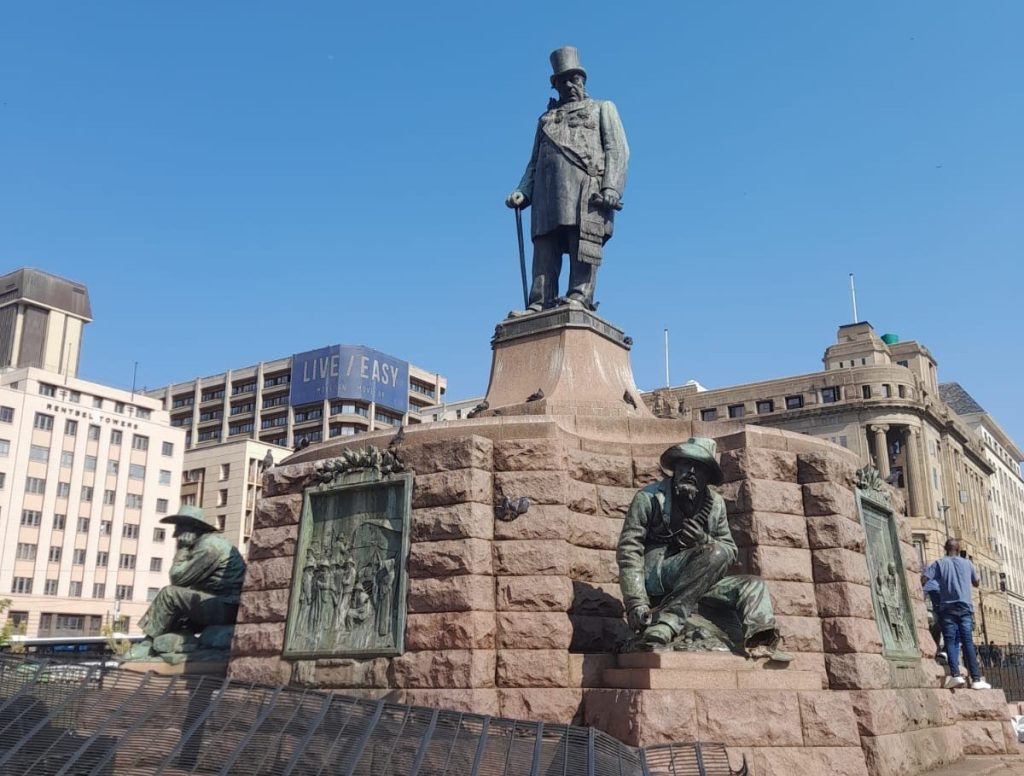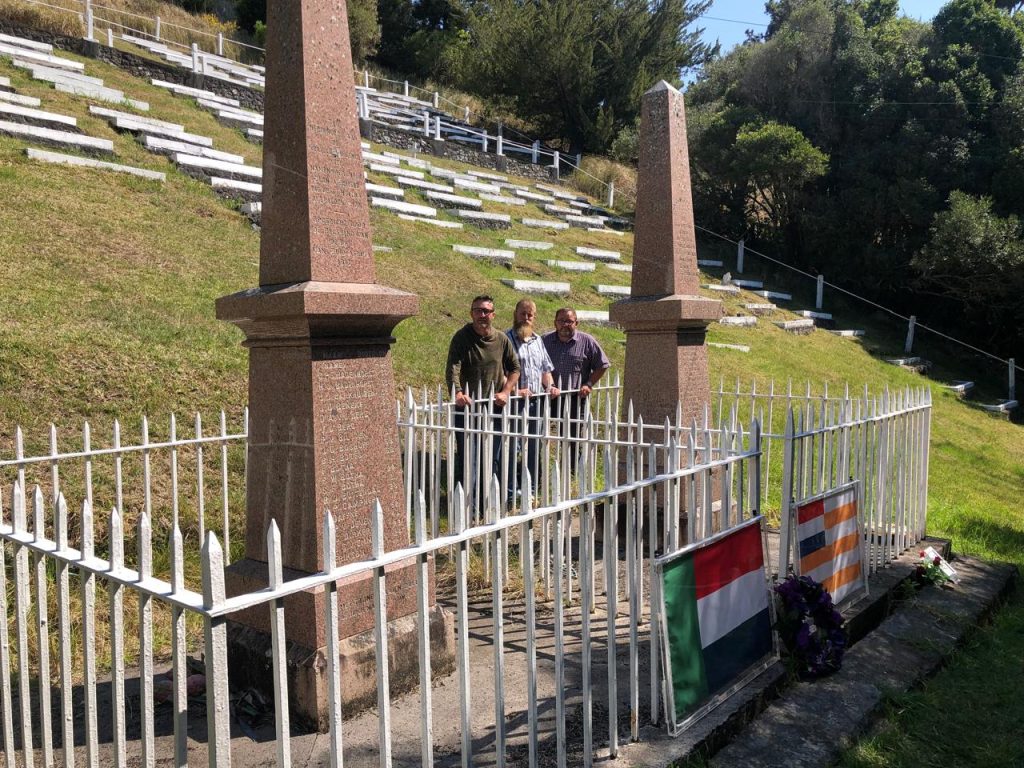By Alana Bailey
In 1992 Gary Chapman, a pastor and marriage counsellor, explained the concept of love languages in his book, The 5 Love Languages. In the book he described the five unique ways in which people express and experience love based on his observations of couples. Since then much has been published and theorised about this. It might even be of use to people to facilitate any temporary or permanent migration process.
These languages do not only apply to people in a love relationship, but to any interaction with other people in the family, at work or wherever. The focus remains on what is needed to make someone feel valued and happy.
The five “languages” can be briefly summarised as words of affirmation, quality time, giving gifts, acts of service and physical touch.
Before, during and after the migration process, individuals and especially families can benefit from understanding their own and each other’s love languages – the people who move as well as the loved ones they leave behind.
Here are a few thoughts, but also the challenge that one has to try and think of more ways to build on this.
1. Words of affirmation
For people that experience words of affirmation as love language, it is important that their actions are noticed and appreciated. They need to be listened to with great attention. Migration requires a lot of hard work and adjustments from everyone involved. Acknowledge each other’s input with appreciation and even if mistakes sometimes creep in, focus strongly on what everyone has achieved. For children the migration process is sometimes extremely traumatic, even if they do not show it. Acknowledge even the small deeds they do, like keeping their rooms neat, to make them feel valued and safe amidst all the uncertainties
Words of affirmation do not just have to be expressed in each other’s presence. Quickly send a message to a loved one at home to acknowledge what they mean to you, or to thank them for something they taught you or have done for you. The more unexpected the message, the more it can mean for the recipient!
2. Quality time
Migration and adjusting to a new environment is usually accompanied by a commotion and takes up one’s energy and time, but for the people who have quality time as their love language, one-on-one conversations and undivided attention are essential, even if it is only for a short time. Make sure that there are such opportunities – with the people with you as well as the people who are left behind.
Family conversations with the people left behind on Teams or other channels are nice, but remember to visit individually as well.
3. Give gifts
Migration is expensive and sometimes it takes a long time before one can afford the quality of life that you enjoyed before. Still, gifts do not have to be expensive – a beautiful autumn leaf or flower, a sweetie under someone’s pillow, or simply just to remember special occasions such as birthday and wedding anniversaries, can be all be of great significance to these love language people. Equally important is to remember when you are dealing with them, to accept their gifts with enthusiasm and appreciation.
These days sending gifts across national borders is a challenge. It also costs a lot. One solution is to buy each other gift cards, another is to hide gifts for loved ones in advance or leave it with someone before you leave or when you visit, so that it be given to them on your behalf when it is Christmas or their birthday.
4. Acts of service
This love language does not have to burn a hole in your pocket either. Find opportunities to lighten someone’s load. Even making a nice cup of coffee or running a hot bath for someone after a long day can help. Most importantly, they need to know they can count on you. Do not make promises you cannot keep.
Even over distance it is possible. Especially parents that are left behind, sometimes battle with maintenance work. Find out who the reliable motor mechanic, electrician or plumber in their area is and help to arrange appointments when they experience problems.
5. Physical touch
Of the five languages, this one is probably the most difficult when migrating. People who move together can support each other with a hug, kiss or hand on the shoulder, but often the lack of physical touch is exactly what is most difficult for the people left behind. Make sure that they are cherished enough when you are together again, even if you yourself may not be particularly fond of hugs.
In conclusion, people are not necessarily limited to just one love language, although there usually is one that is dominant. If the expression of one language is not possible, see in what other ways you can do something to make a difference today in the life of a loved one near you or continents away. It can take the sting out of temporary or permanent migration and promote everyone’s wellbeing!
Photo: Getty Images/ Unsplash
Share on
Latest articles




















